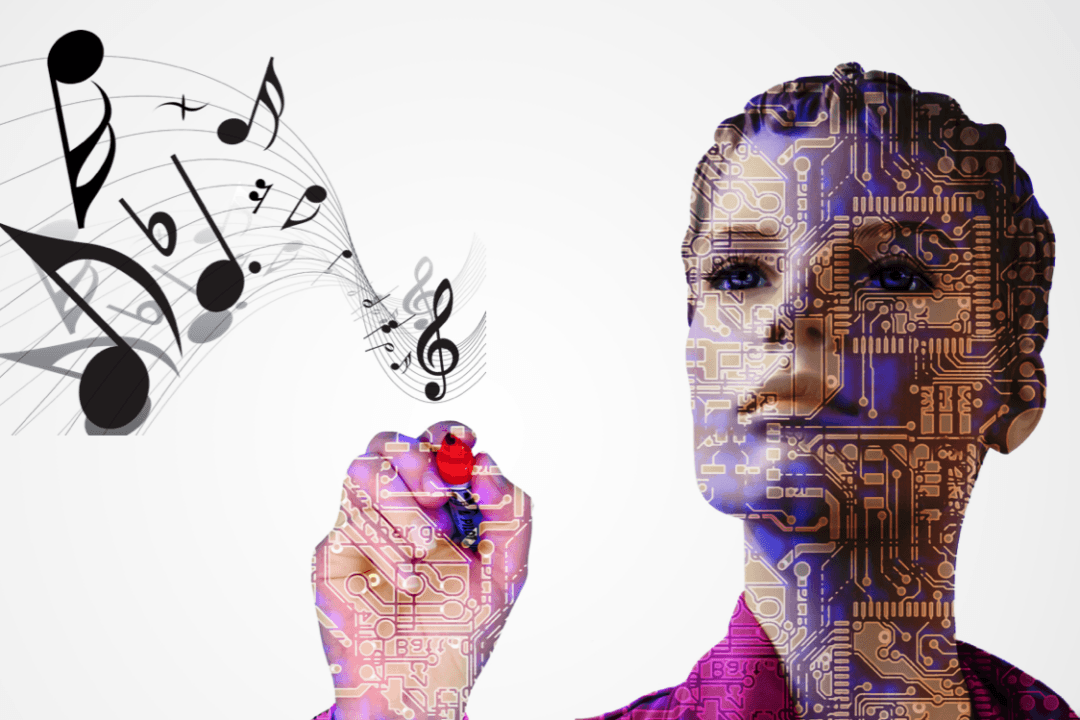A healthcare company is trying its hand at playing the human versus artificial intelligence (AI) contest—and wants us to play along.
Health services company AXA PPP Healthcare commissioned two pieces of music—one composed by a human and another by AI—and has challenged the public to decide which makes you more sleepy, reports the Mirror.





